|
We have started using an app to help our students with their practice. And, we want to help you get started! Once you receive an email, it will look like this: Log in by using an email address and the studio code. For families with more than one student, the options are:
Once you get logged in, you will be taken on a tour of the app. Below are screenshots of the tour. If you have questions, please let us know. We hope this will be motivating and a great practice tool to use.
0 Comments
The title of this post sounds rather negative, almost repentant, but I ask that it not be viewed so. The problem with many people’s attitudes about learning is that it is based on the fundamental principle of improvement—which is accompanied, for some reason, by the shaming of “unimprovement”, when that is the most natural component of learning anything. It is “unimprovement” that shows just how much one knows, and “unimprovement” that teachers should care about the most. Most teachers are reluctant to address weaknesses as they are. They are afraid of hurting their student’s feelings (such a well-intentioned act of love!) I, too, am afraid of hurting my student’s feelings. I’m afraid to address my student’s weaknesses: to tell them that they are sliding backward from their goal, or that they must turn back to the fundamentals…I’m afraid because I have the same attitude as them. Mistakes are shameful. They must be eradicated or buried as soon as possible. If they are not, social consequences occur, and along with them the feelings of guilt, exclusion, even abandonment. I need to shake off this fear of being wrong. I will be wrong. I will always be wrong about something. I need to learn that mistakes are a good thing. In fact, they are the most helpful tool to learn. The more I understand my mistakes, what I’m doing wrong and why, the less I fear them. They will become friendly to me, and I will care about them and will want to change them because I love them. I’d like to practice embracing my mistakes by listing them here, for all to see. My goal this year is to become comfortable with them, then to understand why they are my mistakes. What fundamental source do they come from? What basic truth do I need to re-address? How can I keep myself from committing these bad habits? Some of my “wrongs” are listed out in the chart below, as well as my procedure for how I will work on them:
There are many other things I must improve. If anyone wants the rest of my list, I’m more than happy to share. The more I expose my weaknesses, the less I have to hide, and the more I will trust myself in my ability to improve.
For my own students (and my student’s parents), keep me accountable and tell me when I make these mistakes. Help me become a more useful teacher to you all. -Robin Coolidge These are stressful times...unprecedented...uncharted… You have heard these terms ad nauseum in the past several months. We have been forced to learn more technology than ever before-as students, teachers, parents, and families. We are living through a pandemic and social unrest. We have been separated from friends and family. Our normal way of life has been put on hold And yet… Here you are, at the beginning of a new school year, starting music lessons in the midst of the chaos; adding more to your already overflowing plates. Why did you decide that this was a good idea? I submit to you that you know something on a deep and visceral level. You understand that across cultures and across eras, music is the thing that connects all of humanity. You understand that in all times, but especially during difficult times, music practice is self-care. To be sure, it is not to be taken lightly; to get good at anything, one must put forth effort and dedicate time to the study of an instrument. But, the creative process in general and music study specifically, affects our brains and our whole being. “Music”, as Oliver Sacks writes in Musicophillia: Tales of Music and the Brain, “is part of being human.” Certainly listening to music for the purpose of affecting or reflecting our mood is not a groundbreaking idea. However, learning a musical instrument can be even more beneficial than passively consuming music. In addition to increasing cognitive functioning, memory, and focus, learning an instrument, increases dopamine, the “feel good” hormone. And couldn’t we all use more of that these days?
So, when it is time to practice your instrument each day, don’t think of it as yet another duty to check off your to-do list. Instead, recognize it as a gift to yourself. Taking moments out of each day to tap into that which connects us to all of humanity is the highest form of self-care. In a time when connection may seem hard to achieve, let music be the glue that connects you to our human family. Take good care. Robin Coolidge Work cited Williams, Amanda. (August 20, 2018) Stop. Pause. Play-Using Music for Self-Care. https://www.tendacademy.ca/using-music-self-care/ |
Archives
July 2024
Categories
All
|
|
|
MUSIC SO SIMPLE
|
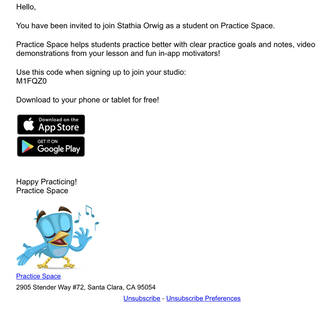
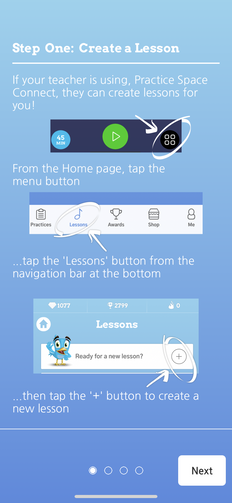
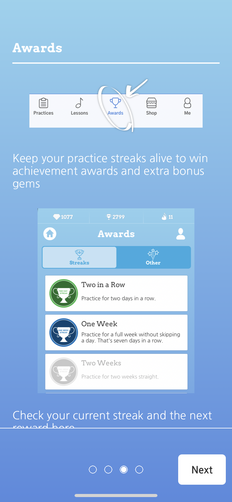
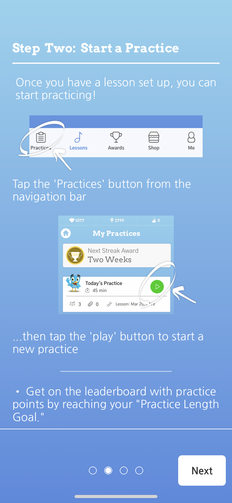
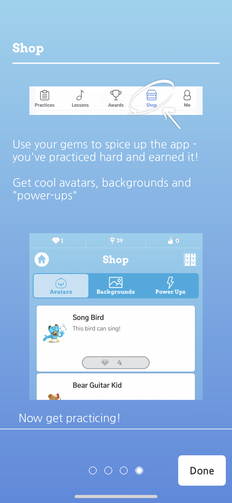
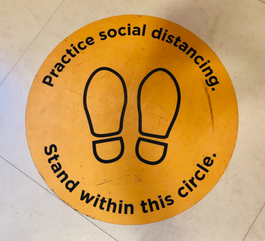
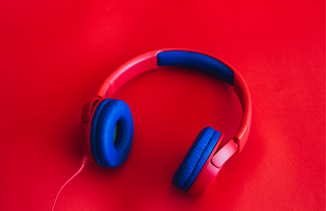
 RSS Feed
RSS Feed